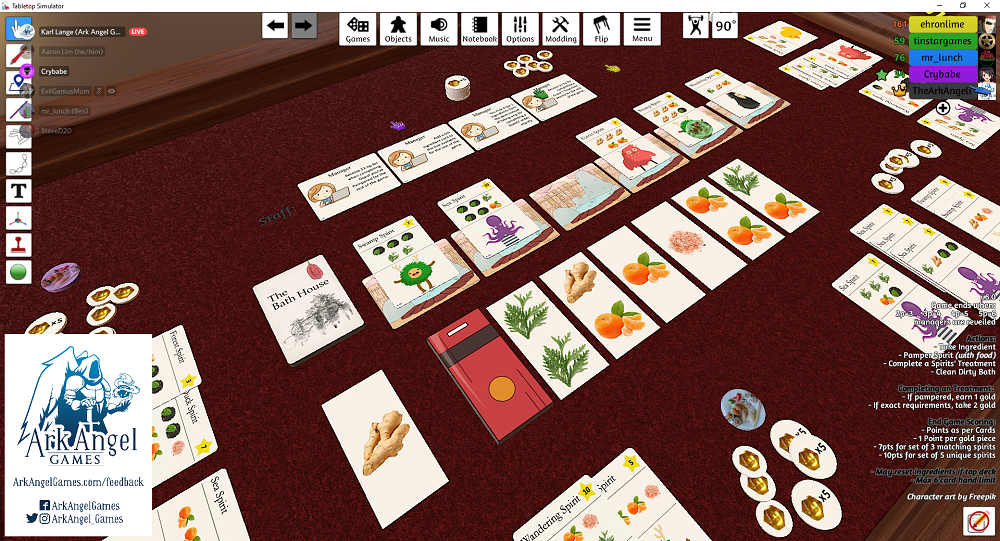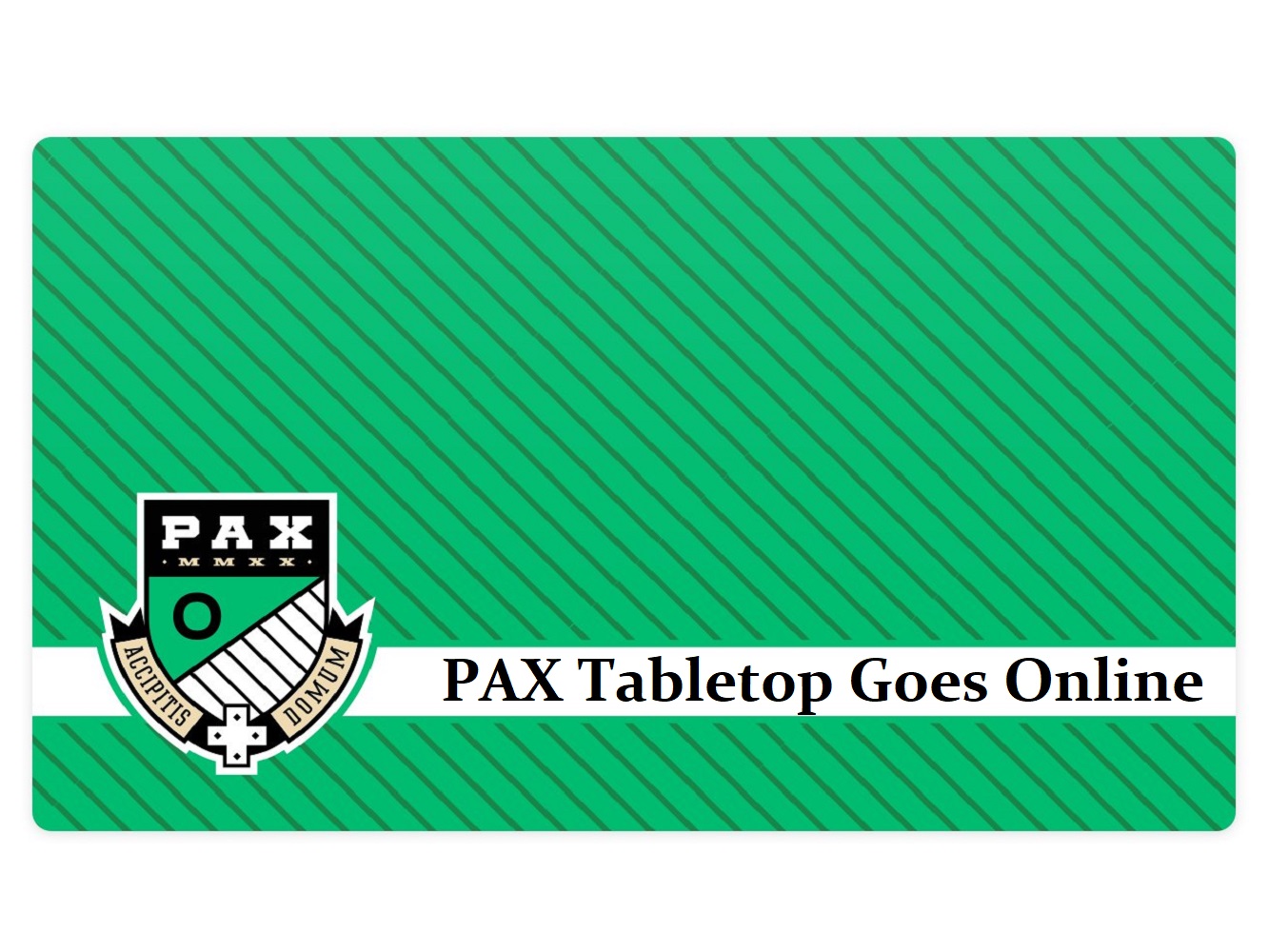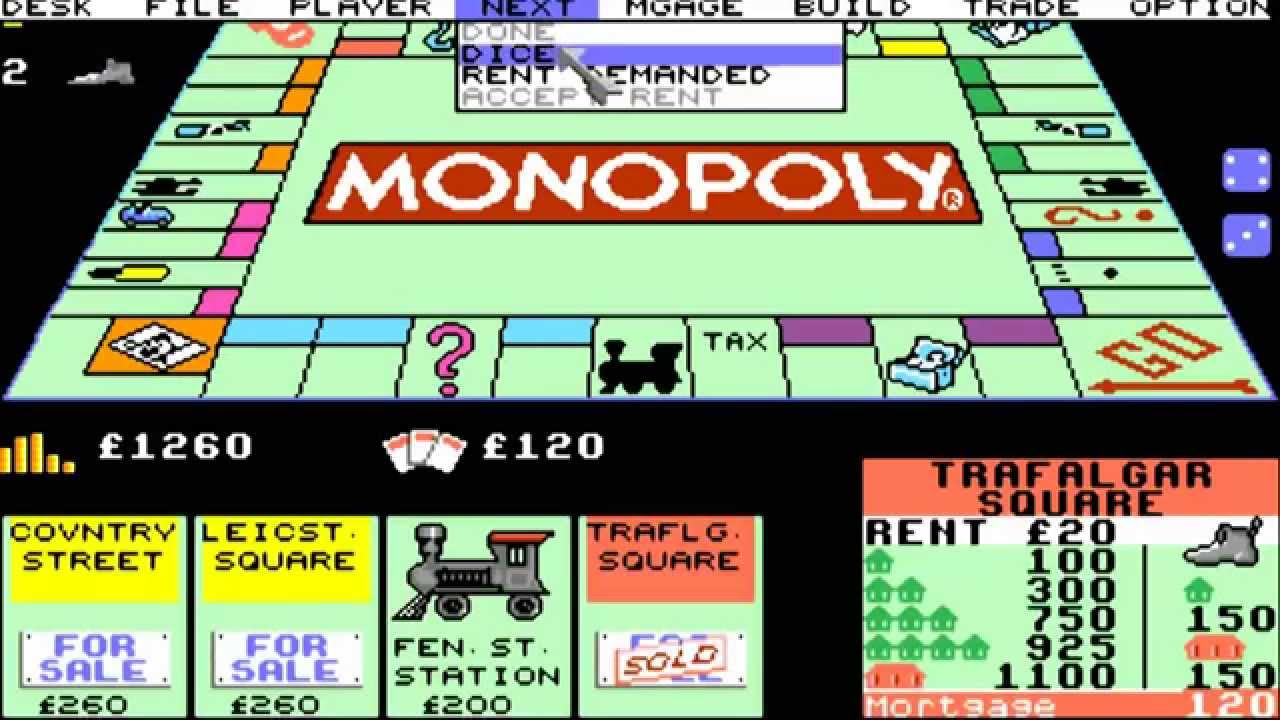Traditionally, the tabletop area of any PAX is a busy, bustling area. Swathes of tables fill large sections of the exhibition hall, attracting a variety of players, from novices to old school experience. As they casually graze over the play areas, it is easy to pick and choose from whatever game catches your eye. Perhaps it is the card layout, or maybe you are drawn to the raucous laughter. I know one guy who hunts out the best meeple pieces and bases his initial judgment on that alone. We each have our quirks.
As soon as PAX Online announced that it would be… well, online, I was immediately curious to know how they would capture the same ambiance of the exhibition floor in a digital space. To be honest, I had no idea how PAX would maintain its awesome tabletop section online. I was sure they would lose some of that special magic I have come to love from the pure atmosphere around the tables.
I was wrong. Completely and utterly wrong. Not only has PAX Online delivered the goods with tabletop but it also didn’t take much to set it up online. Because online tabletop has been thriving on its own already.
I will be the first to admit I was a complete noob with the online tabletop. I had no idea how popular the online tabletop community is. And not just from COVID-19 Lockdowns, it has been building on its base for many years before this.
Dedicated Digital Versions
The first and most apparent online version of any tabletop game is the dedicated digital version. The game specifically made to be played on a console instead of a physical board or tabletop. The first computer chess machines were developed in the early 1950s, though they weren’t exactly blowing away their mere human competitors. It took almost 50 years of stunning technological development before the infamous Deep Blue defeated Garry Kasparov. Another 20 years later and we have chess world champions playing online and streaming to millions of viewers on Twitch.tv.
Many games have followed suit. I remember playing Monopoly on our Commodore 64. I learned to play Backgammon on the Atari 2600. More recently, my family took Forbidden Island and Ticket to Ride with us on a campervan holiday (via the Apple iPad). I especially love playing Ticket to Ride with my mother who lives interstate and friends overseas. However, this is totally dependent on family and friends owning the digital format as well. (Still beats setting up the webcam over my board while they tell me the next move over the phone. Yes, it is exactly as bad as it sounds.)
Tabletop PAX Online
This is all fine for our established board games, but we’re talking about PAX, one of the biggest events in the tabletop industry. It’s not just “board games.” We’re talking cards, role-playing, bags and bags of d20s, and whatever other accessories are included in the box. So, naturally, I had my doubts. HOW were they going to do this?
It came down to a magical blend of two services: Discord and Tabletop Simulator (TTS). Discord is freeware for instant messaging and VoIP. It is set up through servers for specific topics/developers/publishers, which then offer channels for specific sub-topics (like a particular game). The majority of PAX Online has been open to online discussion through Discord servers and their subsequent channels. For example, if you are interested in learning about new tabletop games being showcased at PAX Online, then sign-up to the PAX Collaboratory 2020 server and start with the General channel. This would be the equivalent of “browsing the tables” at a physical PAX event.
If you want to participate in the games themselves (and I strongly suggest you do), you will need Tabletop Simulator on Steam. TTS is a “computer game” built by Berserk Games, thanks to a successful Kickstarter campaign back in 2014. It is essentially a player-driven sandbox, allowing up to 10 players to set the scene with game pieces, cards, rules, and mechanics. It costs around USD$20/AUD$30 and will give you access to the simulated digital versions of the games showcased with PAX Online, as well as many many more. Even after the virtual tables of PAX Online have been packed away, TTS will still be worth more than the initial price because your access to game developers will continue.
For PAX Online, the process was fairly easy. Game developers would do a call-out for players in the General chat. They would let you know which TTS server they were on and provide you with a password to join in. Usually, the game developer would also live-stream the virtual gameplay back to a designated channel in the Discord PAX Collaboratory 2020 server. By combining the virtual gameplay of the simulator with the instant voice channel on Discord, it is potentially the best-case scenario for an online PAX event… and definitely better than anything I could have imagined.

With all honesty and transparency, this is not a new setup. It has been available on Steam for around 5 years and is quite popular in the tabletop community. That’s a good thing because it ensured game developers were already familiar with the services prior to PAX Online. Special mention goes out to Karl Lange from Ark Angel Games. My very first TTS experience was with his game The Bath House. Karl was both experienced and comfortable enough with the simulator program to talk me through it AND his new game—Thanks, Karl! I think if they had created a brand new service just for PAX Online, it would have created a lot of additional stress during what is already a high-intensity event.
Was It as Good as the Real Thing?
Honestly? No. But it was better than I expected and I think there were surprise benefits too. The most obvious was having access to games from all around the world, without having to fork out the money for multiple around-the-world flights. (Too soon?) And as much as I love the atmosphere of PAX, I definitely appreciated being able to hear the game developer. It can be mighty noisy and overwhelming on the exhibition floor. I also feel there was a better offering of new games, with some surprising standouts.
The downside is the obvious lack of tactile experience. I genuinely miss sitting down and playing a game in person. Of course, in our current COVID-19 environment, this is not possible so the Discord/TTS relationship is definitely the next best thing.
The virtual gameplay is also dependent on your internet connection. I had the unfortunate experience of my internet service crashing out for the last three days of PAX Online. It meant I could either join in the tabletop but be unable to talk or watch and not play. I opted for the latter and I still had fun, thanks to the conversation from others.
The last issue I had with PAX Online for tabletop came from the index list itself, and this was not limited to the tabletop. The index for all games (computer and tabletop) is provided in alphabetical order on their individual pages, with no ability to filter the games for your preference of genre or style. I recall one person asking for help from the tabletop general channel, looking for deduction games. This is because the summary on the PAX index page was not always clear or accurate. Another person was looking for a game based on the story subject but didn’t realize the RPG format until he joined in. Having a detailed summary or genre division would make it a lot easier for a lot of people. Being able to filter on those elements would be the icing on the cake.
If PAX was forced to be online again in the future, I would be there. This year has been a great success with plenty of opportunities to mingle with the developers of all games. Sure, it’s not the same as meeting in person, but I think I probably had more opportunities to chat online than I did in person last year! I have a far longer list of games to share with you, and even more to watch out for over the next 12-months. I would even go as far as to say, I would be willing to pay a nominal price for access to PAX Online next year—not as much as the full-blown ticket but definitely a contribution towards the hard work from organizers and moderators over the 9-day event.
PS: The Bath House was a great game to play. It is yet to be published, but I’ll have a short review up shortly. In the meantime, you can visit the Ark Angel Games website here for more information.




